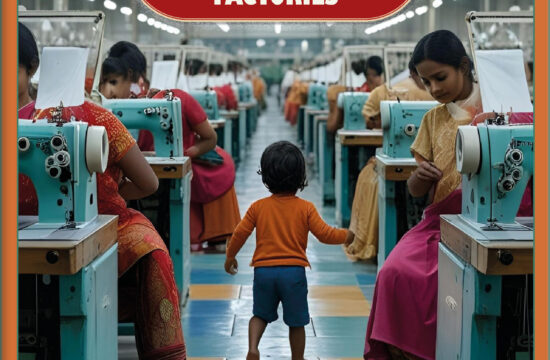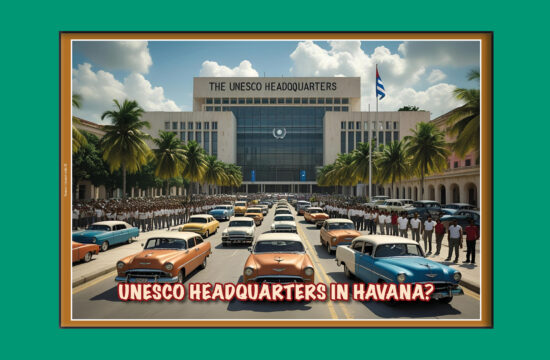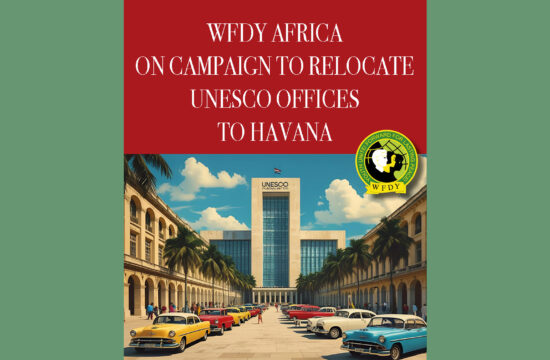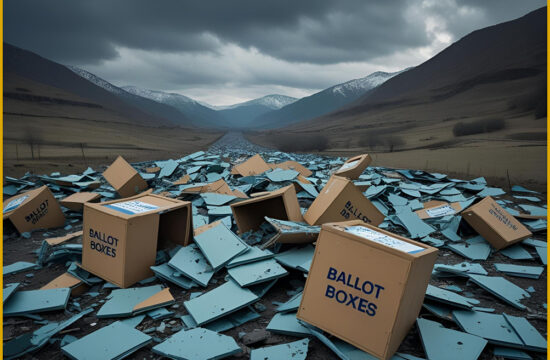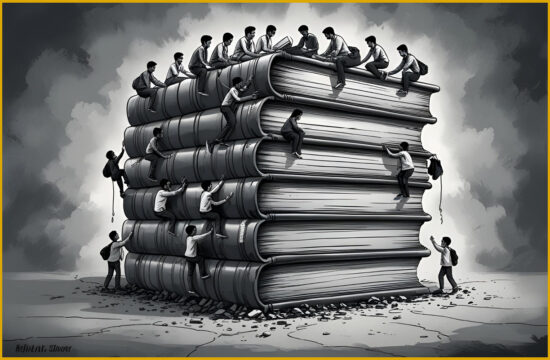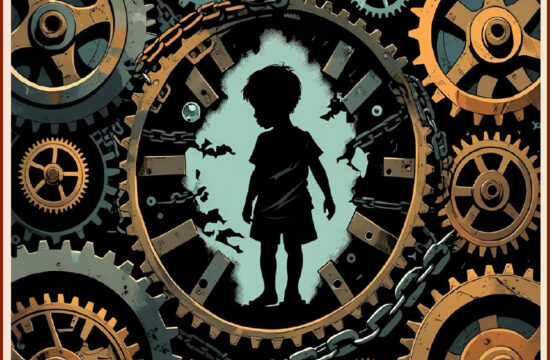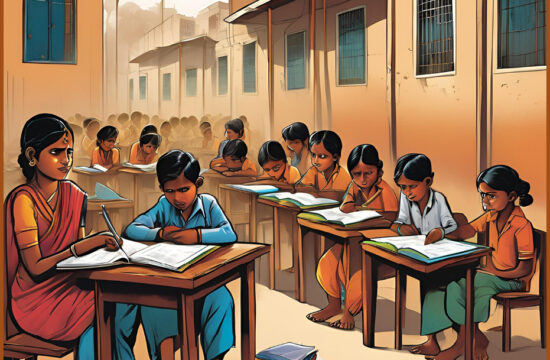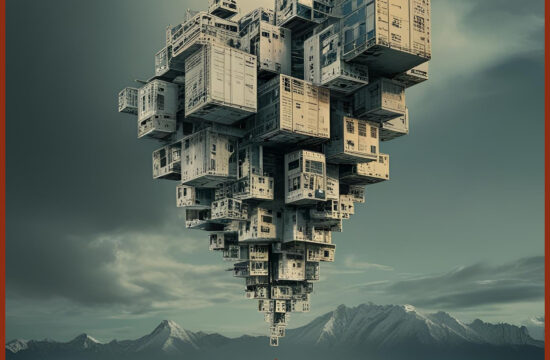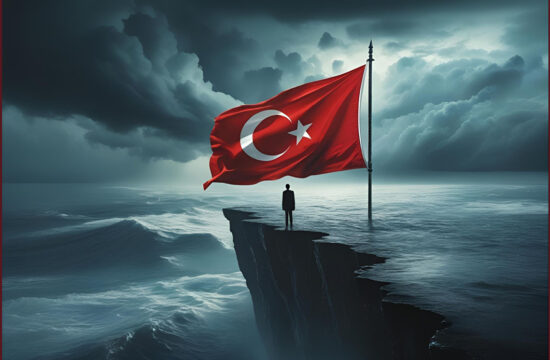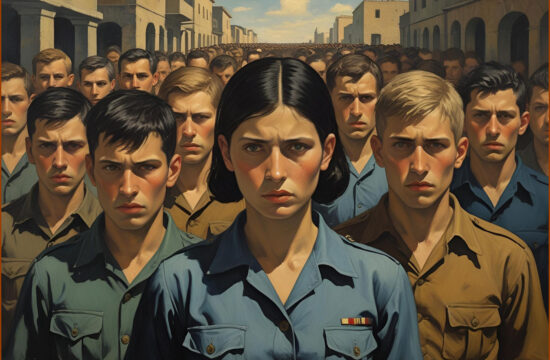Prof. Amira OSMAN
Tshwane University of Technology – SOUTH AFRICA
This is a version a talk presented at Constitutional Hill, Johannesburg on the 21st of March 2025 at the event 1000 DRUMS FOR SOLIDARITY AND THE SOLIDARITY CONFERENCE; the talk was titled LINKING GLOBAL STRUGGLES – PALESTINE, CONGO, SUDAN, SOUTH AFRICA (STILFONTEIN)
“Cruelty, publicly embraced, without a filter: What have we become?” Shuhaib Manjra https://www.news24.com/opinions/fridaybriefing/shuaib-manjra-did-our-humanity-also-die-in-stilfontein-20250123
Cruelty publicly embraced seems to define our world. As we become immune to the images we carry around on our phones and that bombard us from out TV screens, we do need to indeed ask: What have we become? How do we respond and what can we do when faced with the brutality of our times? And how else can the resilience of Sudanese, Palestinians, Congolese, migrants globally and those facing uncertain futures everywhere be explained? We rely on faith and prayer and community. However, it must be said, that:
“…scholars have not exercised the same verve and rigour when speaking of African struggles, contributing even more to the “dehumanisation of African lives.” Suren Pillay https://www.aljazeera.com/opinions/2025/1/14/the-whataboutery-in-african-debates-on-solidarity-with-gaza-is-misplaced
However, where I do disagree with Suren who sees these conflicts as being distinct and needing different responses is that I believe these conflicts are more alike than different. I believe in the interconnectedness of things, in an ecosystemic approach, and a belief that all struggles have similar motives and are fueled by the same streams of funding. The coloniser may have “physically” left the land, as Suren puts it, but has the coloniser really departed? What if one applies a broader lens and understands the conflicts as interconnected rather than fragmented? What if we saw the conflicts as wars against civilians in an attempt to capture the resources and claim the power – rather than a war between multiple factions? In this way, I reject the Sudanese war being labeled a “civil war.” It is not.
When the youth-led revolutions of the so-called Arab Spring dared to challenge the existing regimes with slogans such as “freedom, peace, equality” in the Sudan, the counter revolutionary forces emerged with such vicious power to shut them down. This scenario played out in Egypt, Syria, Libya, Iraq and elsewhere – and western forces were always, in some way, complicit.
Shomari Makandjwa and Raphael Bah write on the Congo https://mg.co.za/thought-leader/2025-02-19-drc-war-the-blood-soaked-path-to-your-smartphone/ “The town of Sake, once home to 70 000 people, now lies empty, its population scattered across makeshift camps while their villages are implanted with people from Rwanda and Uganda. This isn’t just conflict – it’s organised theft at an industrial scale.” This description is almost an exact description of the attempted takeover of the Sudan; a situation that could be described as a massive land grab, an occupation, a systematic demographic shift and an eradication of a people, their culture and their heritage.
While the situation is currently fluid and the Sudanese army is taking back some of the occupied territories, the similarities are alarming. All of this, explain the authors, is due to the maintenance of global supply chains and corridors – whatever the commodity is, in an extractive and exploitative system, the big corporations, supported by big governments are making it possible to keep their supply flows intact. Gold fuels the war in Sudan. Also think of Sudanese Gum Arabic and the complicity of Nestle, Coca Cola and Loreal; I quote from the same authors: “… a resource grab, backed by Western interests seeking to secure their supply chains…”
The authors remind us that: “The parallels with other global conflicts are striking. Just as apartheid South Africa was built on white supremacy and Israel on Jewish supremacy, Rwanda justifies its regional domination through claims of Tutsi supremacy.” So, who are the global players in the Sudanese conflict? They are many, but the role of the United Arab Emirates (UAE) needs to be scrutinised.
To make this conflict easier to understand for the global community, as Sudanese, we have an ethical responsibility to communicate a clear message about how the Sudanese stuck in the war zones are suffering and how we need to support them. I have compiled a concise list which I have titled:
AN ETHICAL, UNAMBIGUOUS MESSAGE TO THE GLOBAL COMMUNITY ON HOW TO SUPPORT THE SUDAN.
Firstly, please reject any message on the Sudan that downplays the role of the RSF militia or
undermines the importance of the current government, whatever its flaws. Also please reject any voice that downplays the role of the UAE in the war. In addition, see the below points:
1. Understand and communicate that this is not a war between two generals; this is a war against the Sudanese people and the Sudanese state, it is an attempt to eradicate Sudan as we know it, it is a form of genocide – and indeed, in some areas, it is outright genocide;
2. Why? Like other African conflicts, land, gold and global interests are at the heart of this conflict; any distractions in minutiae, day-to-day political positionalities, arguments, political divisions between Sudanese confuses the message to the South African community and the activists that may support us;
3. There are political positions that are strategic and political positions that are based on long term principles – being unable to distinguish the two is highly problematic;
4. The modus operandi of the RSF Janjaweed militia is terror, rape, destruction and theft; why would any world leader of country recognise their leader Hemedti as a main player in Sudanese politics now, when the RSF should only be condemned as a terrorist organisation? Equally, why would world leaders meet with, and support, people like Hamdok or organisations like Sumoud who deceptively claim their intention is to „stop the war“ but continue to confuse the message to the global community by avoiding to condemn the RSF and the UAE? One here may quote Noam Chomsky: ”…the whole point of good propaganda. You want to create a slogan that nobody’s going to be against, and everybody’s going to be for. Nobody knows what it means, because it doesn’t mean anything.”
5. Sudanese people fleeing the Janjaweed find refuge in the army-controlled zones, why global governments not outright, openly support the current Sudanese government and the Sudanese embassies that represent them?
6. Is the army complicit? Of course it is! This is the strategic position that we need to take at this particular juncture in history – a dismantling of the army now means a dismantling of the Sudanese state; This is what an organisation called Tasees is attempting to do by creating a parallel government.
7. The priority now is to maintain the integrity of the Sudanese State, our only way to do that is to support the current de facto government despite its shortcomings – the army and the government are, after all, the only legitimate and official entities current in operation in the Sudan.


